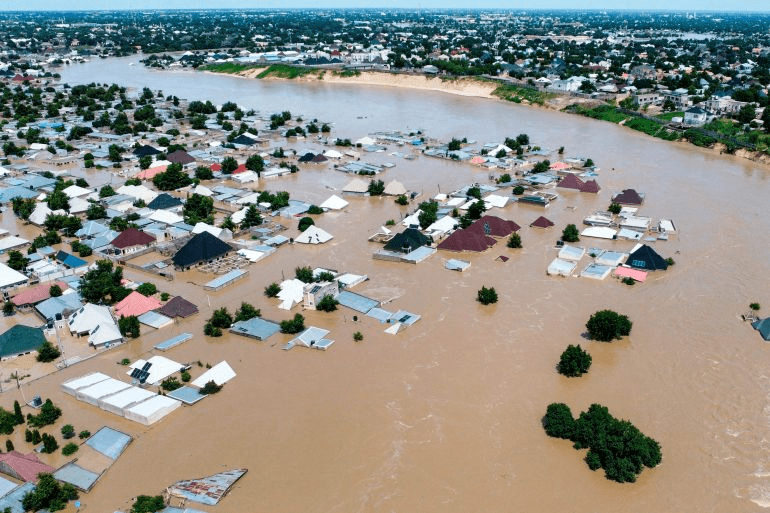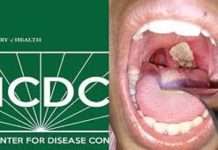
The World Health Organisation (WHO) has deploed four mobile health teams to Maiduguri, Borno State, to render emergency healthcare services to communities affected by severe flooding. The teams, comprising 20 medical personnel, are delivering treatment for minor ailments, routine immunisation, antenatal and postnatal services, and mental health care.
This was contained in a statement made available on the WHO Africa website officially signed by WHO Representative in Nigeria, Dr Walter Kazadi Mulombo.
According to him, an additional WHO team of 50 frontline volunteers has been sent to carry out community active case searches for water-borne and vaccine-preventable diseases in camps for displaced persons.
The flooding, caused by the collapse of a major dam, Alau Dam, following intense rainfall, has affected over 230,000 people in Maiduguri alone, leaving at least 14 health facilities flooded. WHO revealed that, the floods have heightened the risks of acute watery diarrhoea, malaria, other water-borne diseases, and malnutrition.
Dr Mulombo, said, “The flooding in Nigeria poses a severe public health challenge, necessitating a swift, agile, and comprehensive response.” He added that collaboration between government agencies and health partners, such as WHO, is crucial in addressing the situation.
“To mitigate the risks of malnutrition and vector-borne diseases, WHO, along with state health authorities and other partners, has distributed food and non-food items, including blankets and long-lasting insecticide-treated nets, to the displaced communities at the Asheikh Jarma settlement”. He noted.
He further disclosed that the National Emergency Management Agency (NEMA), is leading a multi-sectoral emergency response, in collaboration with WHO and other partners, to provide essential relief to those affected.
The statement reads, “Emergency response call centres have also been activated by the Ministry of Health in the affected areas.
“In addition, WHO has supplied around US$45,000 worth of essential drugs and medical supplies to Jigawa, one of the worst-hit states. These supplies include rapid diagnostic kits for malaria and anti-malarial medications to prevent disease outbreaks among flood victims, especially pregnant women and children.”
The Commissioner of Health for Jigawa, Dr Mohammed Kainuwa commended WHO’s contributions, stating, “We are grateful to WHO for helping us prevent disease outbreaks among flood victims, particularly vulnerable groups like pregnant women and children.”
In addition, the apex health insititution warned that the situation could worsen in the coming weeks, as floodwaters are expected to flow towards the central and southern regions of Nigeria.
Dr Mulombo assured that WHO will continue to support the government as it strives to mitigate the impact of this ongoing health crisis and save lives.










